Woman puts words near actors’ mouths
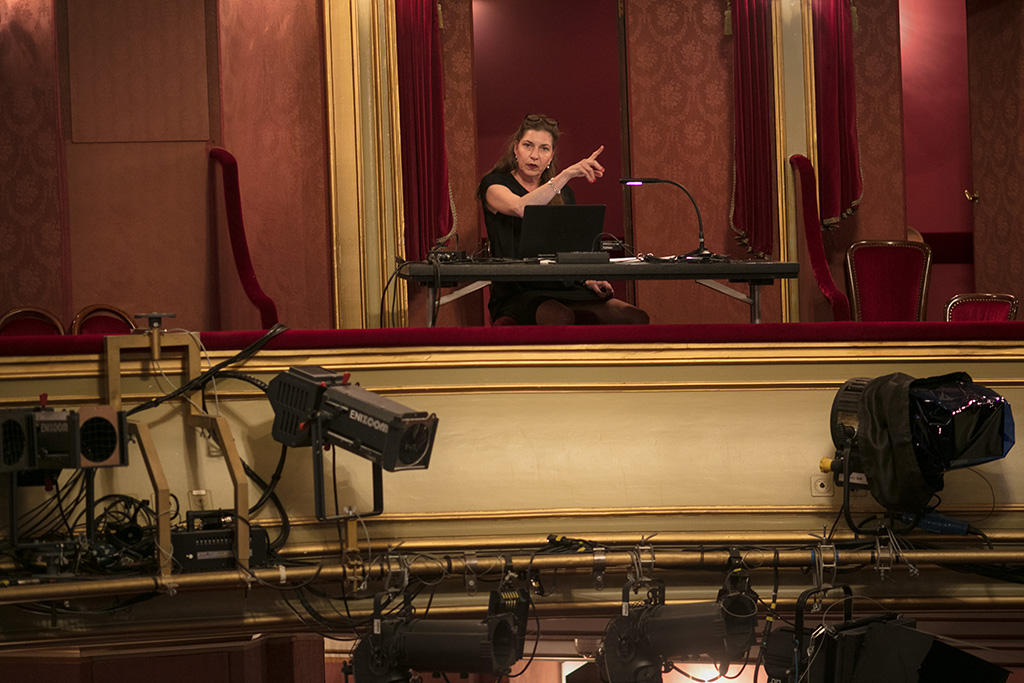
How do you make theatre understandable for people who don’t know the language? A Zurich woman has spent the past 20 years perfecting the art of surtitles for the stage.
Dòra Kapusta pedals up to the Schauspielhaus theatreExternal link in a short black dress and high heels, her large handbag wedged into the bike basket.
She hurries inside into a world of plush red velvet: banister covers, curtains, upholstery, and the fat seat cushion that she grabs in passing.
We stop at a wooden door with a brass handle and the number “5” on it. This will be Kapusta’s domain for the next few hours: a private box overlooking the stage, furnished with a desk, chair and small lamp. She plugs in her laptop and removes her peach suede pumps.
“The annoying thing is that I still get nervous, at least for the first five to ten minutes,” confesses Kapusta. But not about the hundreds of slides that she’s prepared – which will distill what the actors say in German into easy-to-read English snippets. These will flash on screens above and to the right of the stage. Fluent in five languages, Kapusta is confident about these – in this case for a German-language production of Shakespeare’s Measure for MeasureExternal link.
Rather, it’s just the stage fright induced by worries about equipment failure or actors flubbing their lines – which will require her to react quickly and keep the surtitles on track.
“I breathe with the actors,” she says. And she’s on their minds as well. “If there’s a mix-up, they’ll often come and apologize to me afterwards.”
The lights go down and an older man with a giant sheepskin wriggles around on stage. Kapusta’s right hand hovers over the keyboard – her fingers twitching slightly. When the actor starts speaking, her right forefinger begins tapping the front arrow key.
For the next two hours, her left forefinger will also be occupied – steadily tracing the play’s progress in her paper script.
Talent for language and drama
The daughter of a Hungarian couple, Kapusta grew up in bilingual Biel – where she learned French and German. She had English in school and studied Spanish in Spain before attending a school for interpreters in Zurich.
She broke into theatre when some actors from Hungary were invited to perform in Zurich’s Theater SpektakelExternal link festival.
“It was about 1989 and I called and said I knew all about theatre – which I didn’t – but they wanted someone who could speak Hungarian and German, so that was my ticket,” recalls Kapusta. It led to more work because the festival always needed people to help take care of visiting artists.
Back then, it wasn’t technically possible to provide surtitles. Instead, theatre-goers just got a sheet of paper.
“Say you had a Polish group that performed for two hours. All you had was this one A4 – you can’t imagine that anymore!” But in the mid-1990s, Kapusta met a director who wanted to project surtitles above the stage at the Theater der WeltExternal link festival – quite an innovation in the days of paper handouts or perhaps headphones.
Kapusta, who had experience doing subtitles for films, spontaneously agreed to provide the text.
“It was pretty crazy. It was a seven-hour play by Canadian Robert Lepage. I was 25 and I said ‘Sure, I can do it’. But I had never done it before!” laughs Kapusta, who worked from seven video tapes shipped from Montreal. With her IBM she churned out seven floppy disks of material, and it took eight hours to convert the data into a format that could be used during the show.
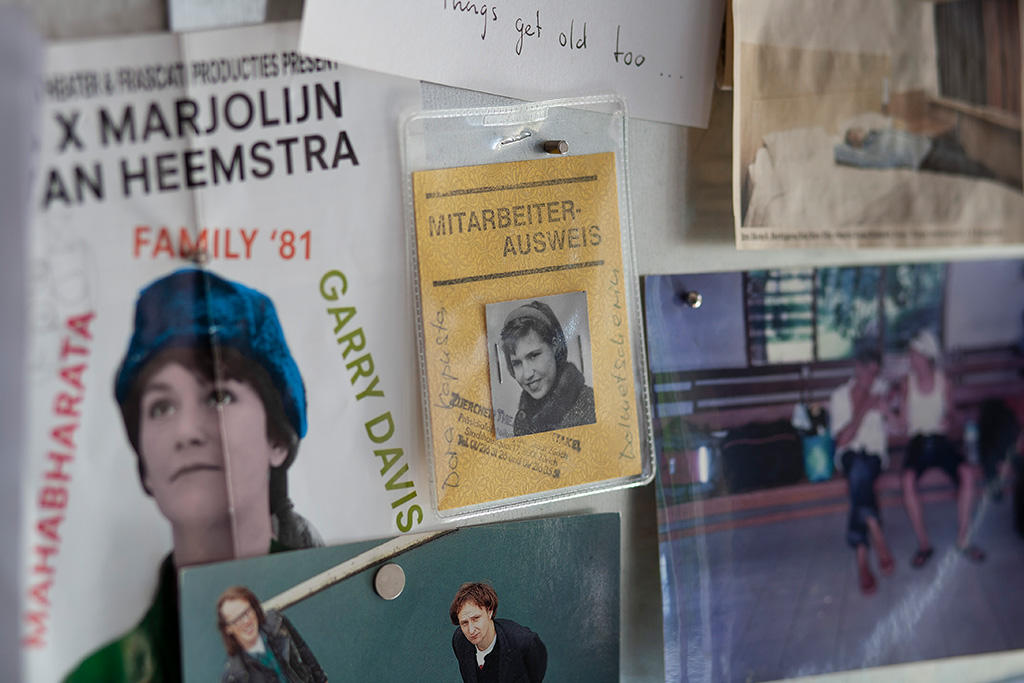
More
Behind the scenes with Dòra Kapusta
A bit like Scrabble
The changes in technology over the past two decades have been immense, but the writing process is much the same. Kapusta gets a video and a script, and prunes about 30% of the text. She usually breaks it down into two-liners that will fit the screens well.
“You have to be careful not to have too much text. Otherwise the audience will only watch the screens and not the actors,” she says. When she has a first draft, she watches the video again along with her surtitles to see how well they fit. “It’s a bit like Scrabble, and it takes me two to three weeks.”
But how does she know what to cut?
“It’s up to me. In this case the director and dramaturge always work together, and they had rewritten Measure for Measure. There was already a German version, but they also modernized it and put in a bit of Machiavelli and Calvin,” she says, adding that it’s very rare to get a play that hasn’t already been reworked. “So it’s not a sacred text.”
Sacred or not, Kapusta takes her role very seriously. “The people in the audience need to be able to rely on the surtitles. In the first ten to 15 minutes they always read, read, read. And then they start to relax as they realize that they can just look at my surtitles as needed.”
Throughout most of the show, her own expression is quite earnest, but her face relaxes into a smile about 15 minutes in, as an actor creates some wry suspense. Later on, she chuckles during a particularly zany moment.
Ready to improvise
In a part with no spoken words, she covers her mouth with her right hand as the left keeps contact with the pages. Her fresh red manicure glints in the lamplight; her gaze darts from page to laptop to stage to screen and back to the laptop in an endless loop.
Over the course of the evening, there are perhaps three moments where the spoken words don’t match the words on screen. One actor repeats himself; another needs prompting; another gets creative. Kapusta was prepared for this and stays cool.
“I slowly know the actors. You have some who don’t forget a word – who are really, really precise. There’s another – he’s funny – he’s always paraphrasing. He almost never sticks to the script, but he always says what he has to, just in other words. It’s really crazy,” she laughs.
She’s not so amused by the often uncomfortable working conditions at festivals.
“Sometimes the technicians have so little space at the back, and I’m really squeezed between the sound and light people. Maybe I need a cushion because I’m on a wooden chair that’s not high enough. Or it’s far too hot or cold. It’s getting better, but festivals can be pretty tough,” she says, appreciative of her elegant private balcony at the Schauspielhaus.
While surtitles have come a long way, not everyone finds them important.
“Somehow, directors and set designers still try to ignore surtitles. Set designers don’t like them because they feel it disturbs their art,” says Kapusta, who did a master’s study on integrating surtitles into stage design.
A wonderful gift
In fact, there are days when Kapusta still feels like a university student.
“I can go to my office and say, ‘I’ll work on Shakespeare for seven hours today.’ It’s really incredible to get to know works so well.”
She also loves the social aspect of meeting theatre people from around the world.
“I really like the mixture of intellectual preparation and then the excitement of seeing the actors, also backstage for a drink after the show. It’s a wonderful gift to be able to speak many different languages, also to get to know all these cultures.”
Her work is finished a few minutes before the end of the play. She rests her chin on her left hand as the actors perform a final song. Then she folds her hands and laughs before rubbing her eyes, which haven’t had much of a break over the past two hours.
Now in its third year, the English SeasonExternal link is when the Schauspielhaus theatre presents some of its repertoire for an English-speaking audience.
The 2018 season already featured Homo faber and Buddenbrooks. The current show is Shakespeare’s Measure for Measure – performed in German as Mass für Mass, and with English surtitles.
Isn’t it odd to do Shakespeare this way?
“Yeah, that is absurd. But once I worked on a Brecht play done in French with German surtitles,” laughs Dòra Kapusta. The next shows are on May 17 and June 13.
Kapusta is self-employed at SubtextExternal link in Zurich.
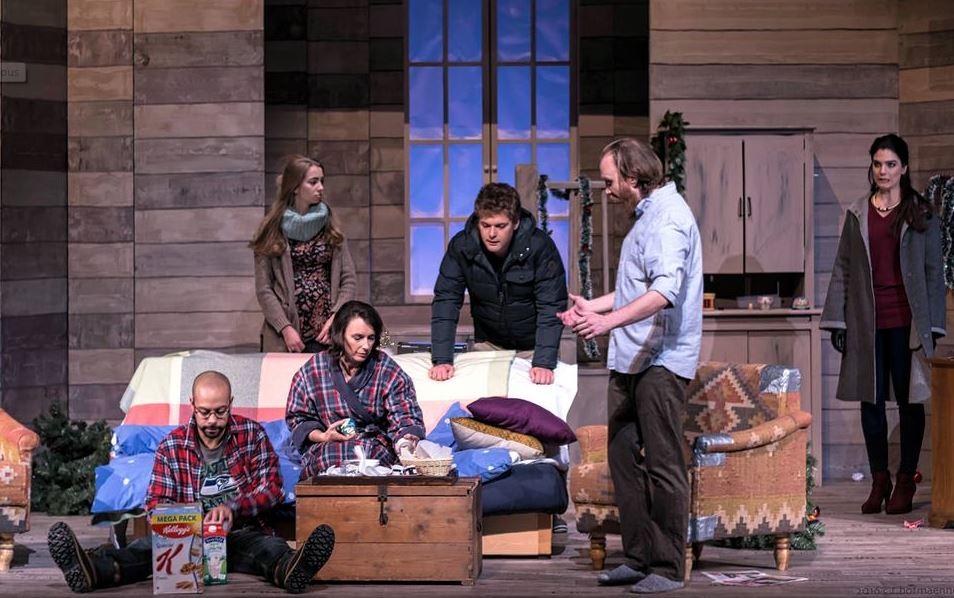
More
How English-speaking theatre brings expats together

In compliance with the JTI standards
More: SWI swissinfo.ch certified by the Journalism Trust Initiative
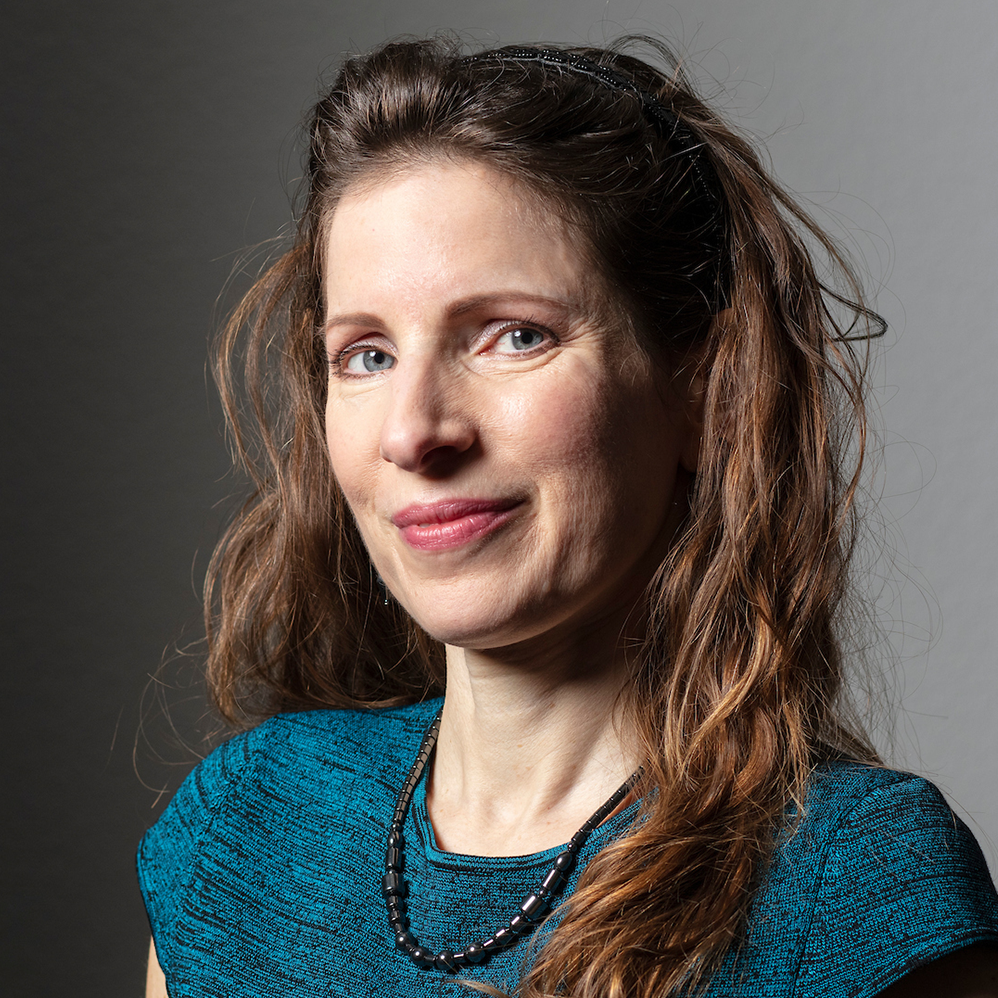

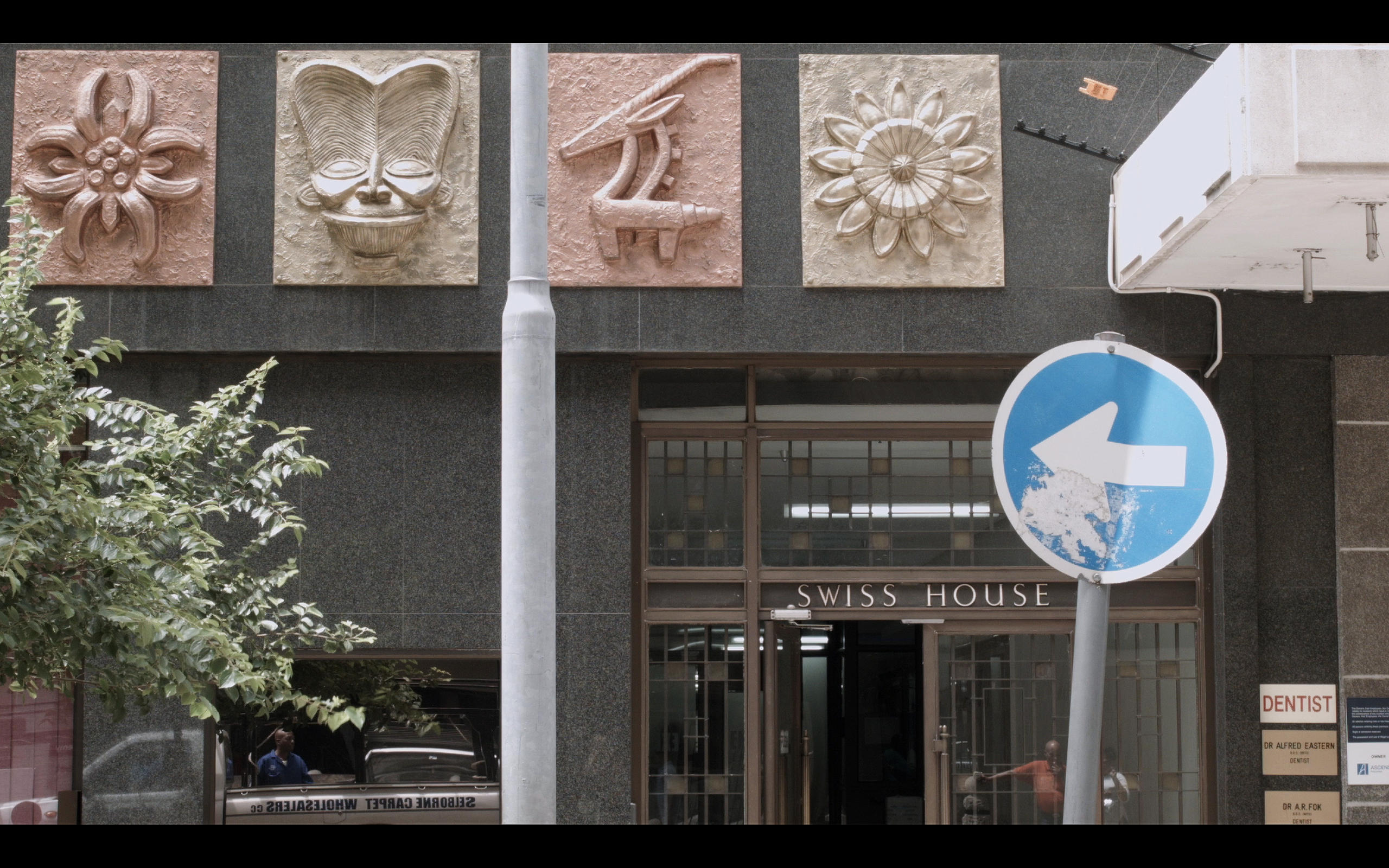
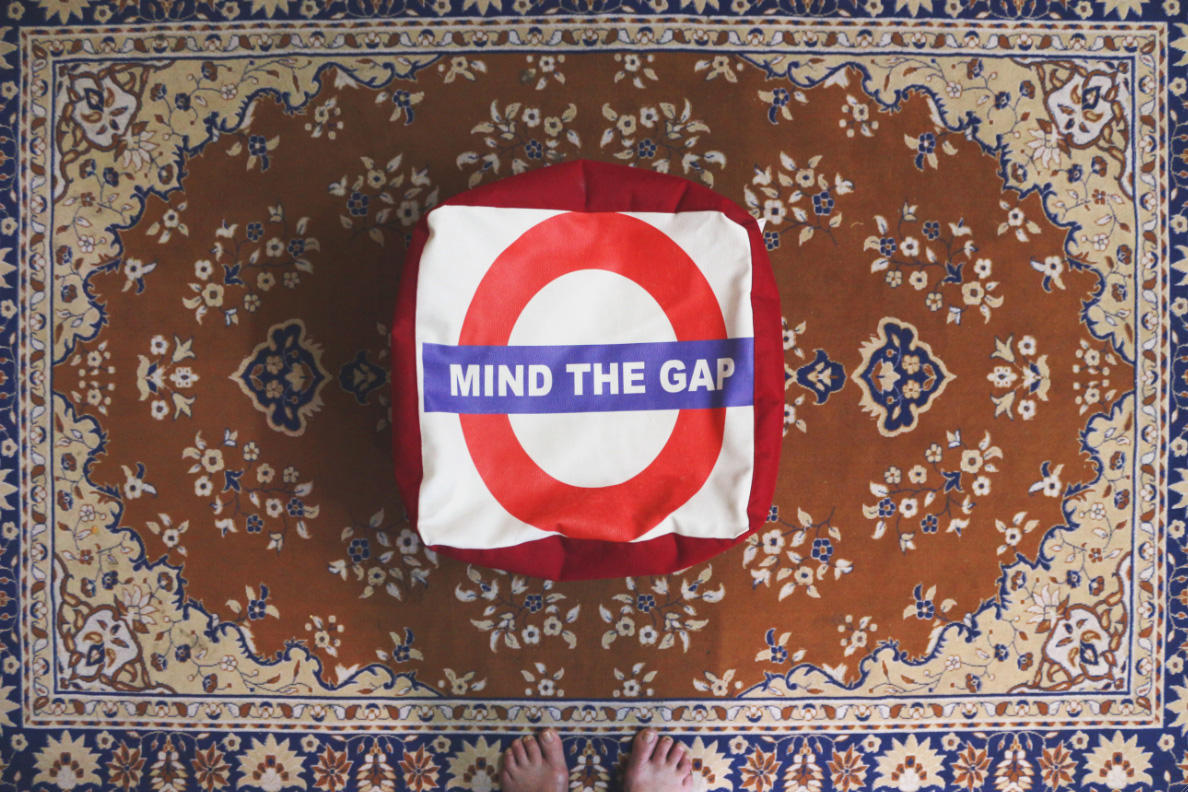
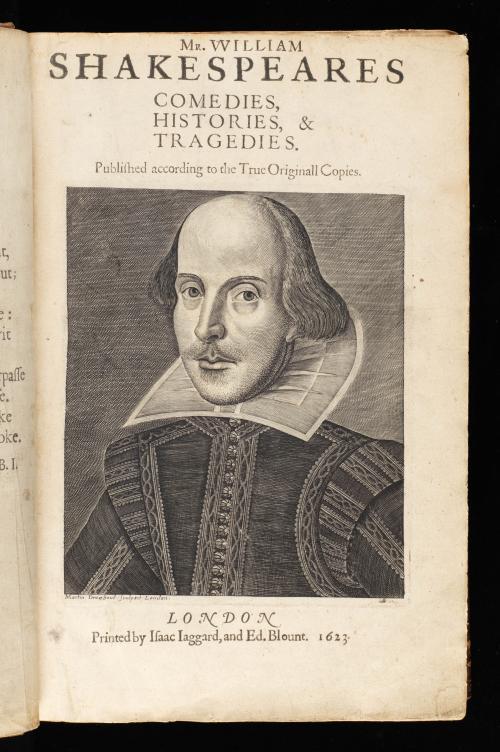
You can find an overview of ongoing debates with our journalists here. Please join us!
If you want to start a conversation about a topic raised in this article or want to report factual errors, email us at english@swissinfo.ch.